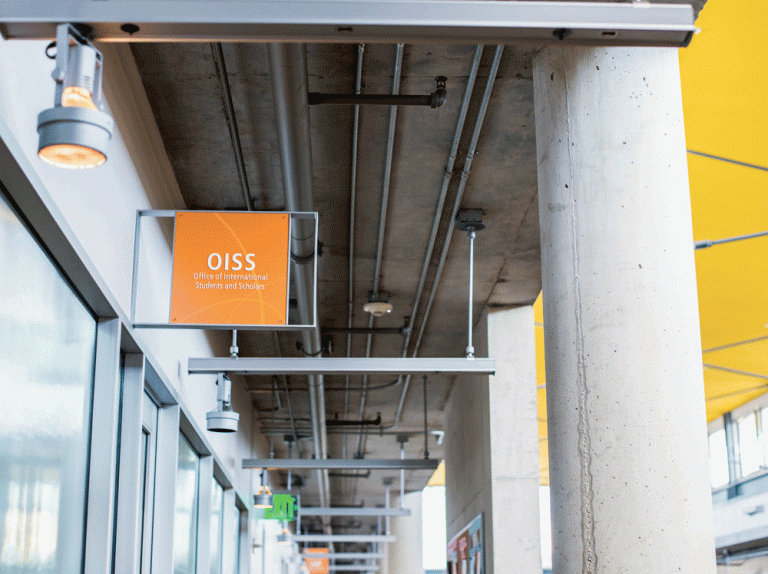
Chelsea Viola
National Beat Reporter
According to a recent study, there has been a decline in international student applicants to the University of California, the first time in 12 years. Speculation of the drop in applications revolve around the election of President Donald Trump, due to student apprehension resulting from Trump’s anti-immigrant rhetoric.
“The perception is that this administration wants to keep these students out,” said Melanie Gottlieb, the deputy director of the American Association of Collegiate Registrars and Admissions, which conducted the study.
Trump was elected as president on Nov. 8, while the deadline for the fall 2017 UC application followed a few weeks after, on Nov. 30.
The drop-off in international student applications is not unique to the UC, but is a phenomenon occurring nationwide. A national survey, comprised of 261 colleges and universities, reported that approximately 40 percent of those schools reported a drop in international applications of at least two percent, with the greatest decline in countries of the Middle East.
The study also found that applications from Mexico decreased by 30 percent. Applicants from countries with large populations of Muslims decreased by 10 percent.
However, UC Santa Barbara’s enrolled student composition does not reflect themes of those UC-wide findings.
UCSB reports show that there has been a steady increase, roughly one percent increase per year, in international student enrollment. According to 2013-2014 Campus Profile, international students comprised six percent of the UCSB undergraduate and graduate admissions.
In comparison to the most recent admissions cycle, UCSB admitted 2,531 international undergraduate and graduate students, making up 10 percent of the incoming students.
Fourth year geography student Qi Si came to UCSB from the provincial capital of Zhengzhou, located in east-central China. Si expressed that despite the anxieties revolving around the current administration, international students will still come to UCSB.
“Before I became a freshman at UCSB, two years before that, there was only six or eight Chinese students at [UCSB] for the undergraduate class,” Si recalled.
“During my year, there was about two hundred. Now, there are about one thousand Chinese international students. I think a lot of people apply to UCs,” Si said.
Ben Neupane, a second year economics student from Nepal, acknowledges the obstacles international students face under the Trump administration.
“With Trump in office, deportation is on everyone’s mind. It is not something you can just ignore,” Neupane said. “There is always the threat of not being able to come back to the U.S. after spending vacation at home.”
Yet Neupane explored different reasons behind the drop in international applications by sharing his personal experience when deciding to attend UCSB.
“As an international student, choosing a school is mostly on you. It’s a lot of independent research and finding stuff out on your own. Perhaps a downfall for the UC’s is their outreach to international students,” Neupane said.
Neupane said that the UC’s have very little recruitment efforts abroad, citing his exposure to other American universities who have hosted informational events in Nepal.
Francisco Brandao is a political science Ph.D. student from Brazil finishing the final year of his doctorate. His decision to come to UCSB was partly influenced by the political climate at his time of consideration.
After studying at University of Sao Paulo, Brandao considered continuing his higher education in Spain. His decision was made in the wake of the 2008-2009 global financial crisis. As a result of this economic downturn, immigration sanctions intensified across Europe.
“I saw on the news that there was a flight to Spain that had a connection through Portugal. At that stop, two people on the plane were arrested and deported,” Brandao said. “They were not staying in Portugal, but they still got deported.”
That occurrence became a factor in making his decision on where to study. Ultimately, he applied to UCSB and was accepted.










